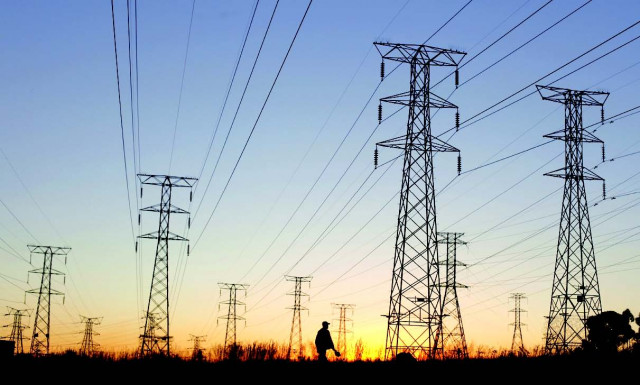Is privatisation the solution for state-owned enterprises?
Efficiency improvement, restructuring may cut losses of SOEs.

The government is spending Rs400-600 billion per year on these SOEs, reducing allocations for the social sector and increasing the country’s debt. What will be the way forward, privatisation?
The perception that a change in ownership will be the solution is not true. People who advocate privatisation argued that the private sector can manage corporations more efficiently due to its profit-oriented approach compared to the state, which is not supposed to do business.
Besides the debate who should do business and who should not, there are some questions. What is the capacity and priority of the state? What are the tools and tactics the private sector has to manage and efficiently run these enterprises which governments do not have? Is the state capable of running the enterprises on the pattern of corporate sector?
It seems irrational that instead of tackling corruption and other impediments, the state should sell public assets to the private sector.
Another view which opposes privatisation points to irregularities and corruption in the privatisation process. In Pakistan, effective privatisation started from 1991 after nationalisation in the 70s. Privatisation started with two primary objectives – payment of foreign debt and poverty alleviation. Now anyone can easily assess what privatisation has achieved. The external debt stands higher at $60 billion and approximately 43% of population lives below the poverty line.
According to the Privatization Commission, the privatisation process is aimed at selling government property in an open and transparent manner with a view to obtaining the best possible price. But how much transparency and openness have been observed during the privatisation process was evident from the steel mill case which everyone knows.
So, privatisation in an attempt to eliminate corruption is not appropriate in the sense that the same corruption problem emerges during the privatisation process as in running government organisations.
Another view that these corporations should first be reformed and restructured in order to make them profit-oriented and then privatised also seems to be rubbish because there will be no need to sell public assets when they are making profit. What has been achieved in the case of Karachi Electric Supply Company (KESC), which seems in more wretched condition after privatisation. Pakistan Railways, no doubt, is in its worst condition due to mismanagement and vested interests, but after the outsourcing of some operations, like the business train, to the private sector while using its infrastructure, nobody can favour privatisation.
There are certain examples all over the world where public utilities are running successfully under state control. The economic mechanism in countries like Pakistan does not favour privatisation, which itself is considered a source of corruption. Improving efficiency, restructuring and output-based evaluation may reduce losses of the state-owned enterprises.
The writer hosts business talk shows on FM 101 and Radio Pakistan and is pursuing M Phil degree in Economics.
Published in The Express Tribune, August 6th, 2012.



















COMMENTS
Comments are moderated and generally will be posted if they are on-topic and not abusive.
For more information, please see our Comments FAQ